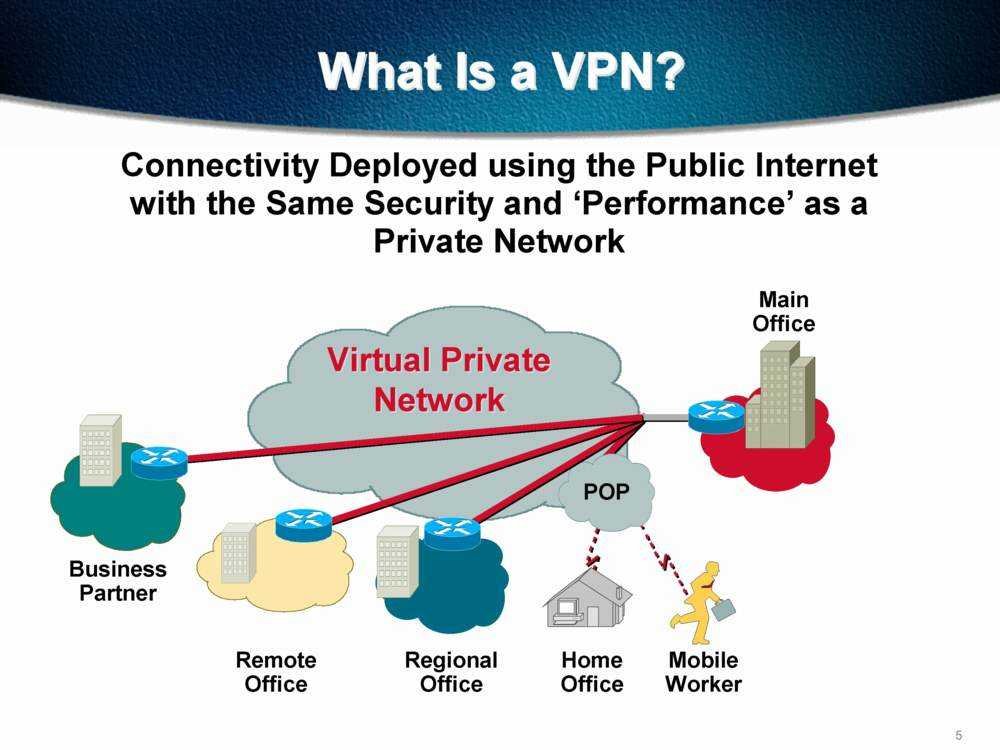On its website, Private WiFi sells virtual private networks that it says can stop government eavesdropping. "You do not want the government to know what you are doing? "Then it's time to get a VPN," the company says.
Another such company, HideIPVPN, promises something similar. "The NSA and the FBI are spying on you. A VPN can limit what they know! ”
The Virtual Private NetworksOr VPNs , can mask computer locations and encrypt Internet traffic, allowing their owners to bypass firewalls or prevent an interception. The companies that sell these networks are using the scandal NSA as a marketing tool, and promise to protect their clients from the prying eyes of government spies. However, new revelations about NSA's actions. by Edward Snowden have raised a number of doubts as to whether these services actually provide what they promise.
On Wednesday, the NBC News said the British GCHQ service identified a member of Anonymous from his traces to the virtual private network he was using.
When the hacker, clicked on a link sent to him by an undercover government official, authorities were able to trace the address IP of the hacker and determine his name and location.
It is unclear how exactly GCHQ has managed to discover the identity of the hacker, known only with the online name pOke. NBC News assumed that the secret service either violated the virtual private network or asked the company itself for the name and history of the hacker.
Privacy activists have responded to the news by warning that virtual private networks may not be so private. “If its provider VPN keeps you logs and gives them data of the user at the beginning, what's the point?” said Christopher Soghoian, privacy security researcher. Another well-known researcher, Jacob Applebaum, to his followers at Twitter : "Stop using #VPNs to protect your privacy."
Virtual private networks are not only used by hackers trying to cover their traces. They have been used for years for various reasons, such as bypassing the China government firewall and securing direct connection to public Wi-Fi hotspots.
Many start-ups have started recently the marketing of virtual private networks to individual consumers, at costs ranging from $5 to $15 per month. Always with the promise of privacy.
But before using such a virtual private network, consumers should consider whether the provider maintains IP address files. "If they have such records, they may be forced to hand them over," Soghoian told authorities.
2011, for example, the FBI captured Cody Kretsinger, a 23-year from Phoenix, accused of helping LulzSec in a hack on Sony Pictures website.
Kretsinger had used a virtual private network provider called "Hide My Ass." But the FBI was able to locate an IP address owned by the VPN provider. Then things were simple, he forced the company to hand over the logs by court order, which led to Kretsinger's arrest. Last year, Kretsinger was sentenced to one year in prison.
After his arrest Kretsinger, the company Hide My Ass "We are not going to allow illegal activities, and as a legal company we will work with law enforcement if we make a court decision," she said in a blog post.
"It is very naive to believe that by paying a subscription to a VPN service you are free to commit illegal acts without consequences," the company continued.






